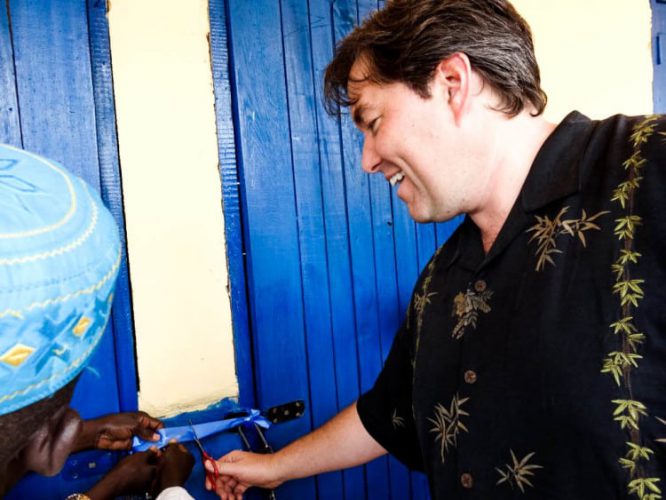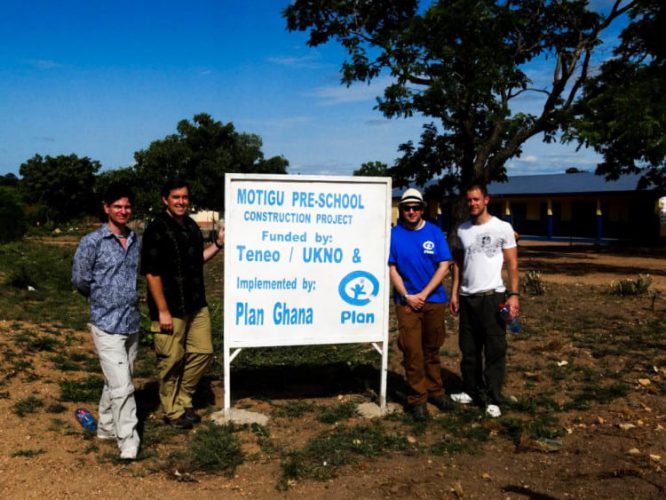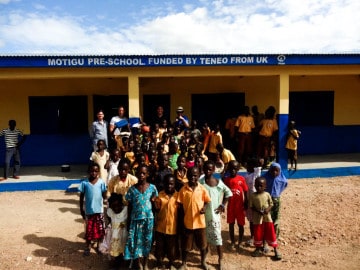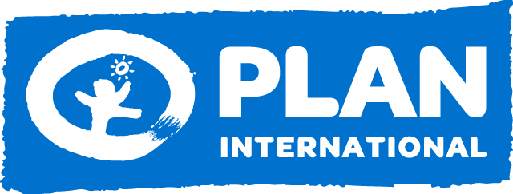In mid-2011, we decided to start working with Plan International and embarked on the biggest CSR project we’d been involved with to date.
Plan International is a development agency that works in 50 countries across Africa, Asia and the Americas to promote children’s rights and lift them out of poverty. Supporting an education project with Plan was an easy choice for us as it’s the main route out of poverty for many and something that we in the developed world can relate to.
We reviewed a number of options and settled on a project to construct a pre-school in Motigu, in the North of Ghana. The plan was to build and equip a new pre-school block with three classrooms, an office, store and sanitation facilities for 166 pupils, aged three to six years old. The project would take twelve months and the aims were to:
- Construct a new pre-school with three classrooms, office and store
- Furnish the classrooms with desks, interactive teaching and learning materials
- Buy and install outdoor pre-school play equipment
- Build four latrines (two for girls, two for boys)
- Provide a source of safe, clean water through a rainwater harvesting system
- Support the School Management Committee to maintain and manage facilities
- Establish the foundation of learning for children in Abowinum community
- Increase retention and school completion rates
- Improve the health of pupils owing to a decline in water borne diseases
- Integrate the school in the local community and with local government
The building work happened over the latter part of 2011 and was completed in June 2012. With the new pre-school complete and ready for use, the community was keen to start sending their young children to learn.
Support for early education has grown in Motigu, and parents pledged to bring their children to start their education. Mothers in particular looked forward to being able to leave their children in a safe and stimulating environment during the day instead of taking them along on agricultural or income-generating activities.
The new latrines and hand-washing facilities help establish healthy hygiene habits for the pupils and staff, which will benefit the community as a whole, as will the provision of a safe water supply.
Assisting with the management and construction of the project helped the community learn how to work together and gave them experience in community-managed development which will help them drive their own improvements in the future.
In June 2012 a small team from Teneo visited Ghana to formally open the school and was overwhelmed by the impact it had and the reception we received.







